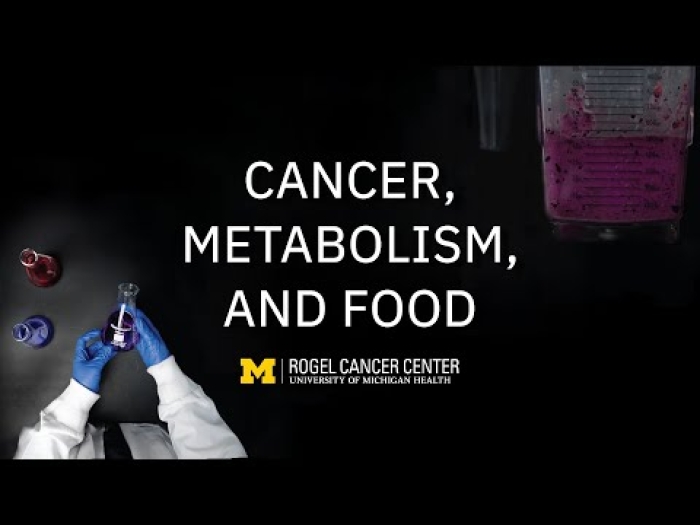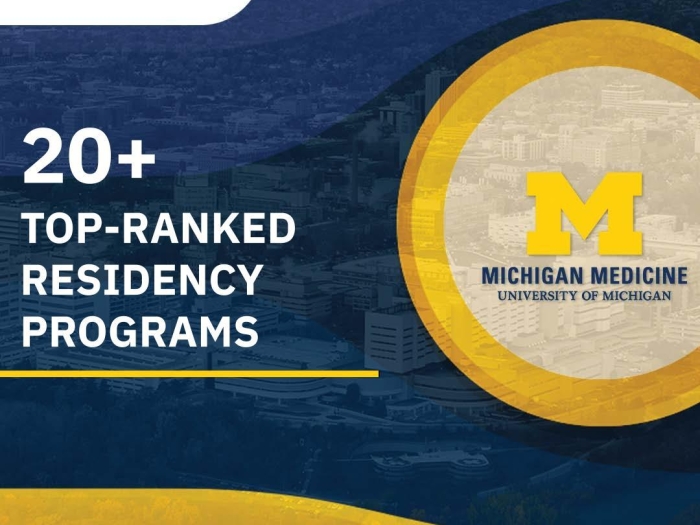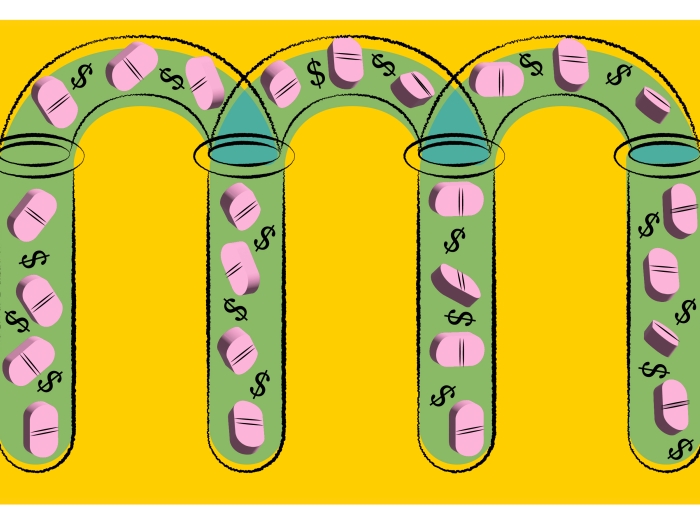Showing 1-15 of 20 results

Health Lab
Experts in brain cancer outline current discoveries and offer a path of hope for glioblastoma treatment

Medical School News
Four with Medical School ties are among 12 University of Michigan faculty and staff members recognized by the American Association for the Advancement of Science (AAAS) as 2023 fellows in recognition of their extraordinary achievements.

Health Lab
A new urine-based test addresses a major problem in prostate cancer: how to separate the slow growing form of the disease unlikely to cause harm from more aggressive cancer that needs immediate treatment.

Health Lab
At-home test can detect tumor DNA fragments in urine samples, providing a non-invasive alternative to traditional blood-based biomarker tests
Health Lab
Using a chip to process blood samples, doctors can monitor the amount of cancer cells in a patient’s blood to determine how well a treatment is working by the fourth week, according to a new study.

Health Lab
Recently approved by the Food and Drug Administration, Pluvicto is a radionuclide-labelled drug administered to patients showing promising results.

Health Lab
Findings from researchers at the University of Michigan Health Rogel Cancer Center, published in Cancer Discovery, show how a specific nucleotide metabolite called GTP controls responses to radiation and chemotherapy in an unexpected way.

Health Lab
Metabolism pathways make tumors sensitive or resistant to treatments. A collaborative group leverages these avenues to explore the growing foundation of new potential therapies

Health Lab
Michigan Medicine researchers looked into a drug in development to treat prostate cancer called proxalutamide, which works by blocking an enzyme called TMPRSS2 (transmembrane protease, serine 2) that is regulated by androgen receptors, as a potential therapeutic for COVID.

Health Lab
A study from clinicians and researchers at the University of Michigan Rogel Cancer Center reveals findings from over 800 clinical assays performed for kidney patients with MiTF family gene mutations.

News Release
There are 13 U-M graduate medical education programs ranked in the top 10 by Doximity.

The Fundamentals
An interview with Dr. Steven Kunkel on research at U-M Medical School.

Health Lab
An analysis finds that up to millions of dollars could be saved annually on cancer immunotherapy treatments across the Veterans Health Administration by reconsidering how those drugs are delivered.

Health Lab
A study finds that women, racial and ethnic minorities, and individuals identifying as lesbian, gay, bisexual, transgender and queer are disproportionately affected by workplace mistreatment in academic medicine, and this mistreatment negatively impacts their mental health.